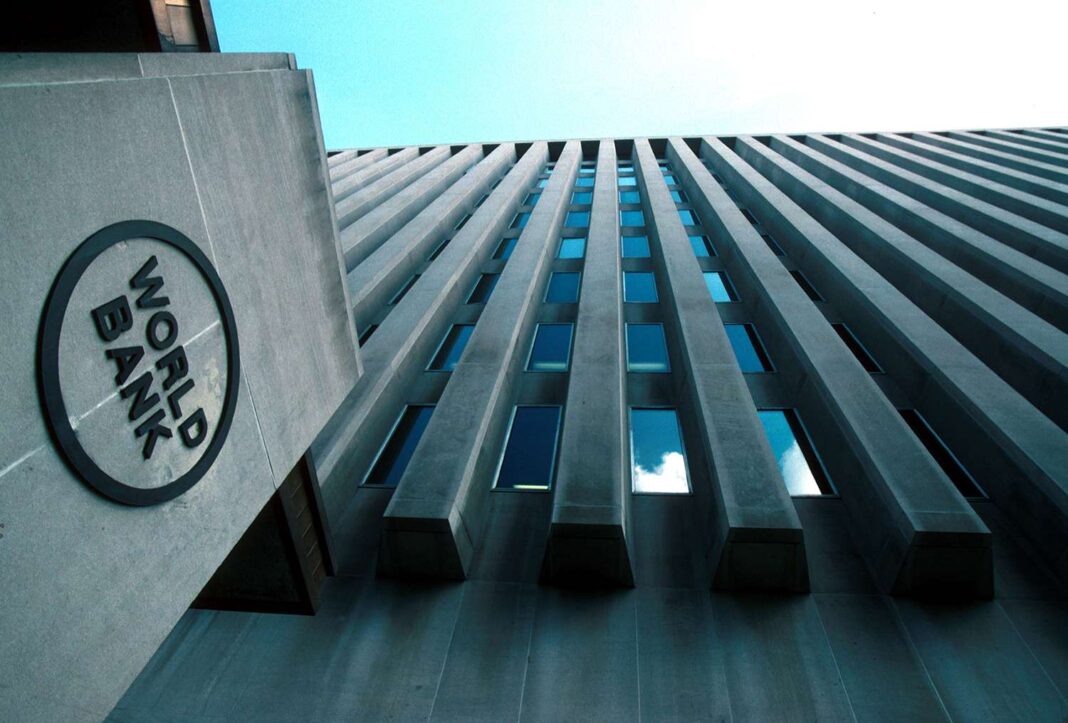The World Bank has approved a new project to assist the Dominican Republic in its efforts to promote key institutional reforms for climate resilience, reduced water, soil, and air pollution, as well as enhanced natural resource protection. The US$400 million project will support the government’s efforts to strengthen institutional and financing capacity for environmental protection, with important positive effects on public health and the livelihoods of communities involved in tourism and fishing activities.
“The Dominican Republic, due to extreme natural hazards associated with climate change, annually loses an equivalent of 0.4% of its Gross Domestic Product. The World Bank’s support has been and continues to be crucial in achieving our goals of building climate resilience in agriculture, ensuring food security, improving landscape and natural resource management, and addressing the challenges posed by sargassum,” stated Pavel Isa Contreras, Minister of Economy, Planning, and Development.
The Dominican Republic faces significant challenges linked to the loss and degradation of natural resources, caused by extreme weather events, changing water cycles, and environmental pollution. These challenges impact the key drivers of economic growth and employment: tourism, fishing, and farming. Without addressing these issues, the country could lose as much as 16 percent of the Gross Domestic Product it expects to earn by 2050, according to the latest World Bank Group’s Country Climate and Development Report for the Dominican Republic.
The Sustainable Development Policy Loan project aims to enhance the government’s institutional and financial capacity for natural resource protection, climate change adaptation, and mitigation. It will also support marine conservation, reduce air and marine pollution, and strengthen river and water body protection. Additionally, the project will help regulate waste management from electrical and electronic equipment and address environmental challenges such as phasing out hydrofluorocarbon substances, thereby lowering greenhouse gas emissions. Furthermore, it will help tackle the sargassum seaweed issue and establish the regulatory framework for issuing green, social, and sustainable bonds.
These efforts will contribute to climate resilience and sustainable growth, benefiting vulnerable populations, including the poor. Alexandria Valerio, World Bank Representative, emphasized, “By addressing pollution, promoting green and social finance, and strengthening the country’s institutional capacity to enhance its resilience to climate change, the project will significantly enable the Dominican Republic to continue growing economically while also preserving its natural assets.”





